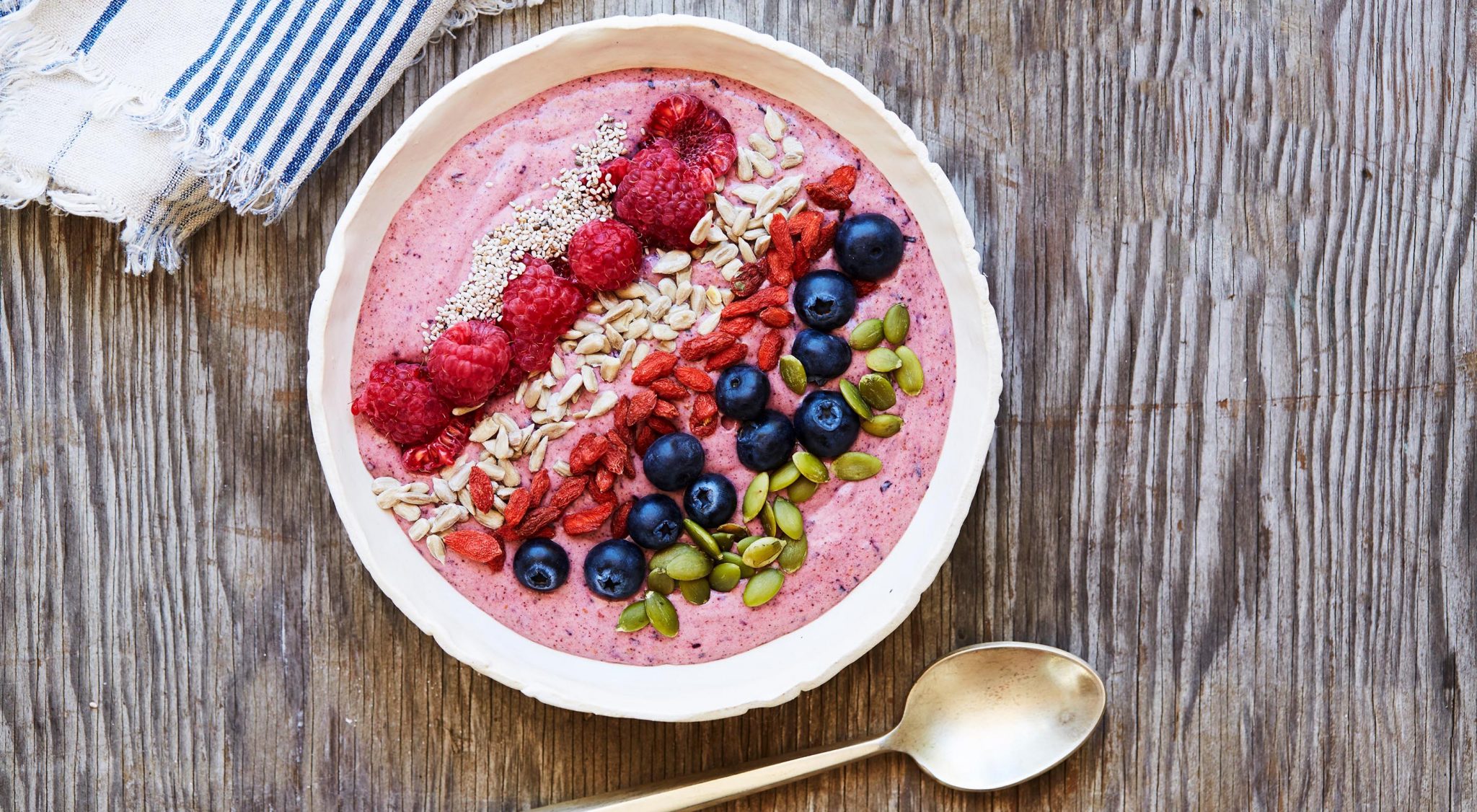A mother’s mental health in the perinatal period – from pregnancy to the end of the first postnatal year – is crucial to the long-term health and wellbeing of families.
Because we all know that mums are the glue that holds it all together. It’s also true that those first days/weeks/months of becoming a mother are hard AF. And we need as much support from our tribe as possible to survive this season.
By Nicole Fuge, MD® Managing Editor
So we spoke to Dr Marcela Martin an infertility, gynaecology and obstetrics specialist, who talks us through 10 things you can all do to help better a new mum’s mental health.

1 // Look out for the early signs
If someone shows signs of anxiety antenatally, it’s a good idea to link with a psychologist so they have a place to turn to/a counsellor they know if they do develop post-natal depression or over-prepare.
2 // Encourage openness
Encourage women to be open with their doctor. Or encourage someone to come with you for support so you are encouraged to start the conversation.”
3 // Don’t compare yourself
Don’t follow Instagram ideals and be aware how ‘prepared’ those visions are.
4 // Stay active
It’s a good idea to incorporate mums’ and bubs’ exercise where possible.
5 // Keep talking
Discuss your thoughts with your partner and discuss concerns with doctor in front of your partner so safety tips can also be discussed amongst everyone.

6 // Reach out to the “the village”
Build a ‘family’ network, even if they are not blood relatives. It takes a village.
7 // Learn to delegate
If possible, delegate to friends/family/hired help to lend a hand with cleaning, cooking and so on to get through the toughest weeks.
8 // Take power naps
Have power naps antenatally to get used to your new ‘normal’ sleep pattern that emerges in the third trimester – don’t fight it.
9 // Try and let go
You can’t plan the first six weeks with a new baby like you do your career – you can’t timetable this journey.
10 // Plan not to plan
Don’t overcommit to others during this time, you have enough on your plate.
If you think you might be depressed or you’re worried about a friend, speak to a health professional immediately or reach out to PANDA (Perinatal Depression and Anxiety), beyondblue or SANE Australia.





